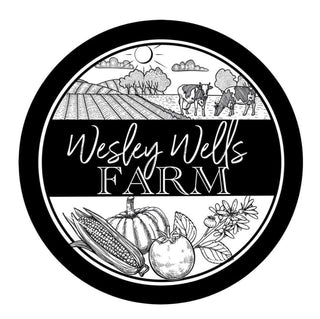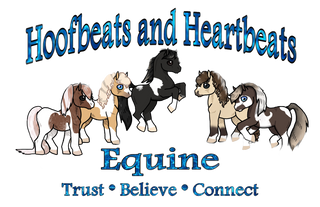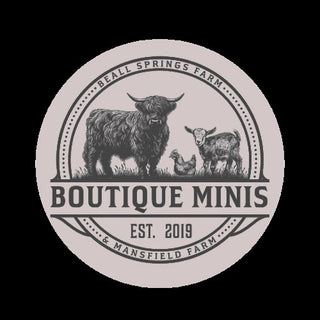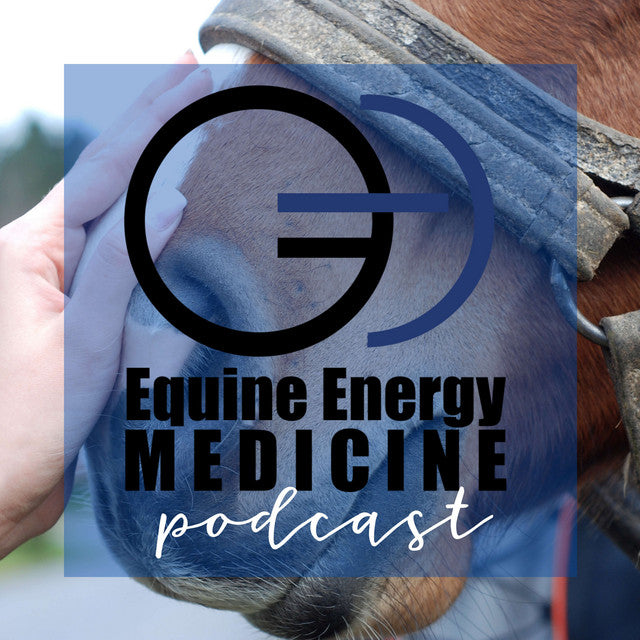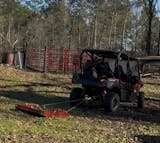Horse poop isn’t glamorous, but it’s one of the easiest ways to keep an eye on your horse’s health. Manure can tell you about hydration, diet quality, digestion, and potential problems—and it also matters for pasture cleanliness, parasites, and overall barn management.
Key Takeaways
-
Healthy manure is usually greenish-brown, moist, and formed into segmented balls.
-
Horses produce a lot of manure—around 50 pounds per day, so a plan for cleanup matters.
-
Changes in manure color, smell, or texture can signal hydration, diet, or digestive issues.
-
Horse manure can be useful (fertilizer, compost), but it can also carry parasites and pathogens.
-
Consistent manure removal helps keep paddocks cleaner and can reduce flies and disease risk.
Ever wondered about the ins and outs of horse poop? While it might not be the most glamorous topic, what your horse poops out can offer you a goldmine of information about what’s going on internally. Knowing all about horse poop will offer insights into a horse's health, diet, and well-being. In this comprehensive guide, we'll take a leap into the world of horse manure, covering everything from composition to uses. Our horse poop facts are sure to both educate and entertain!
And…stay tuned until the end to learn how Paddock Blade can revolutionize your paddock management!
Let’s get to it!
The Basics of Horse Poop
What is Horse Poop Made Of?
Horse poop primarily consists of undigested plant material, water, and various digestive fluids. A typical horse produces manure that is about 60-70% water and 30-40% solid matter, which usually includes fibrous plant material, bacteria, and some minerals.
How Much Do Horses Poop?
An average horse produces about 50 pounds of manure daily, equating to approximately 9 tons annually. This considerable amount highlights the importance of efficient manure management practices for horse owners.
In other words, you have to find a fast, clean way to deal with your horse poop.
Horse Poop and Health Indicators

Manure tells you a whole lot about what’s happening with your four-legged friend. Here’s how.
Color and Consistency
The color and consistency of horse poop can indicate a horse's health and diet. Healthy manure is usually greenish-brown, depending on diet, and formed into moist, segmented balls. Variations can signify dietary changes, hydration levels, or potential health issues.
Smell and Texture
While horse manure has a characteristic smell, an unusually strong odor could indicate digestive problems or an imbalanced diet. The texture should be firm yet moist; overly dry or loose stools could point to dehydration or gastrointestinal issues.
Nutritional Insights From Horse Poop
It’s not uncommon for an equine nutritionist to ask you about your horses’ bathroom habits! Here’s what they can tell from chatting about poop.
Fiber Content
A high fiber content in manure suggests a diet rich in hay and forage, essential for a horse's digestive health. Low fiber levels could indicate an over-reliance on grain, which might necessitate dietary adjustments.
Digestibility
Undigested food particles in manure can signal dental problems or inadequate chewing, impacting nutrient absorption. Regular dental check-ups and proper feeding practices are crucial to ensure optimal digestion.
Environmental Impact of Horse Manure

We all know horse manure can have both positive and negative effects on the environment. There are a number of uses for horse manure, from generating renewable energy to helping your garden grow, horse manure can do a lot of good. However, it also carries a number of environmental and health hazards that horse owners should be aware of.
We’ll begin with the positive.
Nutrient-Rich Fertilizer
Horse manure is an excellent organic fertilizer, rich in nitrogen, phosphorus, and potassium. It enhances soil structure, promotes microbial activity, and improves crop yields, making it a valuable resource for gardeners and farmers.
Composting Benefits
Composting horse manure reduces waste, minimizes odor, and produces high-quality compost. Properly managed compost piles reach temperatures that kill pathogens and weed seeds, ensuring safe and effective soil amendment.
Gardening and Agriculture
Horse manure is widely used in gardening and agriculture due to its nutrient content and soil-enhancing properties. It is particularly beneficial for growing vegetables, fruits, and ornamental plants.
Biogas Production
Manure can be used to produce biogas through anaerobic digestion. This process generates renewable energy and reduces greenhouse gas emissions, contributing to sustainable waste management practices.
And now on to the negative…
Parasites and Pathogens
Horse manure can harbor parasites and pathogens, posing health risks to horses and humans. Regular deworming, proper manure management, and hygiene practices are essential to mitigate these risks.
Manure Runoff
Manure runoff can contaminate water sources, leading to environmental pollution. Implementing measures such as buffer zones, proper storage, and responsible spreading practices can minimize the impact on the environment.
Efficient Manure Management
Managing your manure effectively is important, especially when it comes to disposing of it and keeping your paddocks and pastures clean and sanitary.
Here’s what we mean.
Daily Cleaning Routines
Regular cleaning of stables and paddocks is vital to maintain a healthy environment for horses. Weekly removal of manure helps reduce odor, flies, and the spread of diseases. Check out our barn chores checklist if you want some help keeping up with those daily tasks.
Manure Storage Solutions
Effective storage solutions, such as covered manure piles, composting bins, or a stable manure collection solution, help manage manure more efficiently. These methods prevent runoff, control odor, and facilitate the composting process.
Have you Met the Paddock Blade?

Managing horse manure can be a daunting task, but our Paddock Blade horse poop scooper offers an innovative solution. This robust and efficient paddock cleaning tool makes horse manure collection quick and easy, saving you time and effort. With Paddock Blade, maintaining a clean and healthy paddock has, quite literally, never been easier.
Frequently Asked Questions:
1. What does healthy horse poop look like?
Healthy manure is usually greenish-brown, moist, and formed into segmented balls.
2. How much manure does a horse produce daily?
Most horses produce around 50 pounds of manure per day.
3. Can horse manure be used as fertilizer?
Yes. Horse manure is a nutrient-rich organic fertilizer and can support soil and plant growth when managed properly.
4. What causes changes in horse poop color?
Color changes can happen due to:
-
Diet changes
-
Hydration shifts
-
Health or digestive issues
5. What’s the best way to manage horse manure?
Effective manure management includes:
-
Regular cleanup
-
Proper storage or composting
-
Keeping paddocks and stalls sanitary
TL;DR
Horse poop can tell you a lot about your horse’s health and diet. Healthy manure has a normal color, smell, and consistency. Too dry, too loose, or unusually smelly manure can mean hydration or digestive issues. Manure also impacts your pasture and environment, so regular cleanup and proper storage/composting make a big difference.



















